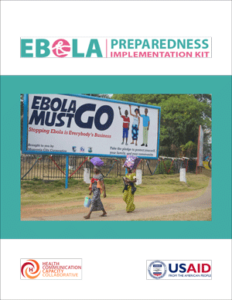 Now also available in French, this toolkit developed by CCP provides national and local stakeholders, as well as program managers, with key considerations and a roadmap for instituting and implementing critical, relevant, practical and timely communication for responding to the threat of an Ebola Virus Disease (EVD) outbreak. The I-Kit guides countries in social and behavior change communication (SBCC) and risk communication activity planning, including communication plan development for every stage of an Ebola response. For any country facing a major health crisis, national preparedness plans need to include and support communication efforts. Integration of communication into the preparedness agenda from the outset ensures that preparedness communication is harmonized, relevant, timely, financially supported and aligned among all of the preparedness technical teams. Robust national communication preparedness plans maximize the effectiveness of Ebola communication and equip communication trainers and experts with a common set of tools and modules.
Now also available in French, this toolkit developed by CCP provides national and local stakeholders, as well as program managers, with key considerations and a roadmap for instituting and implementing critical, relevant, practical and timely communication for responding to the threat of an Ebola Virus Disease (EVD) outbreak. The I-Kit guides countries in social and behavior change communication (SBCC) and risk communication activity planning, including communication plan development for every stage of an Ebola response. For any country facing a major health crisis, national preparedness plans need to include and support communication efforts. Integration of communication into the preparedness agenda from the outset ensures that preparedness communication is harmonized, relevant, timely, financially supported and aligned among all of the preparedness technical teams. Robust national communication preparedness plans maximize the effectiveness of Ebola communication and equip communication trainers and experts with a common set of tools and modules.
Sources:

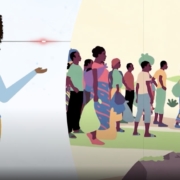
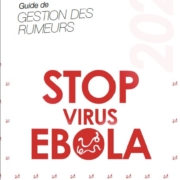
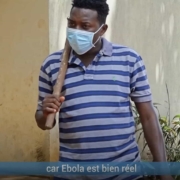
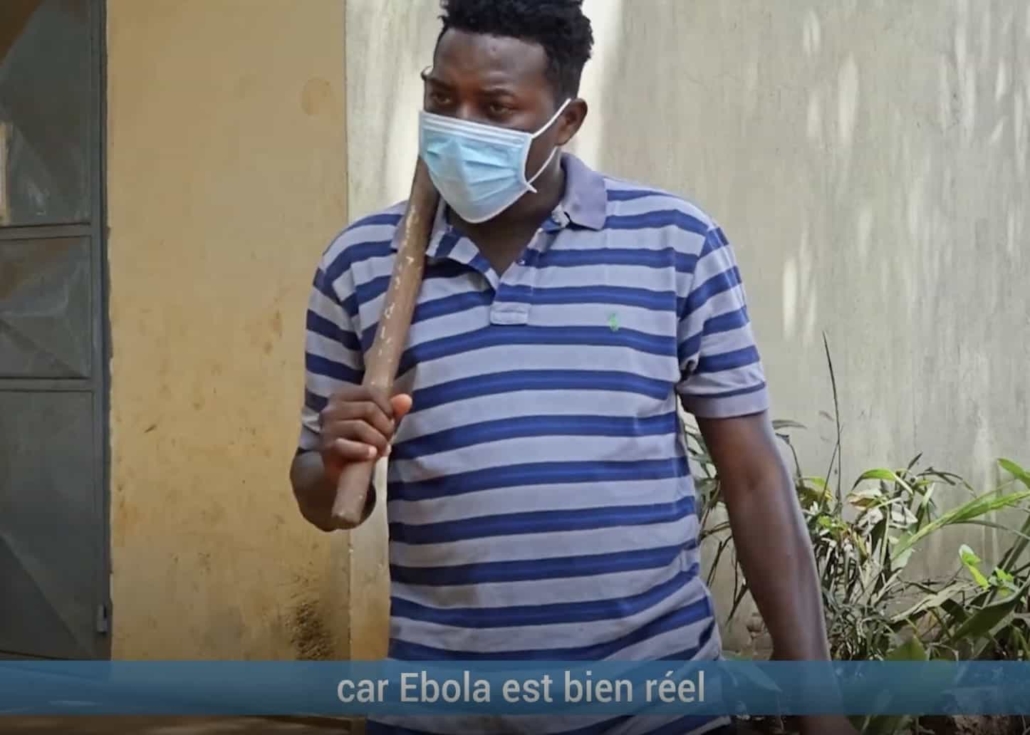 This video discusses how Ebola is transmitted and how families can protect themselves against EVD. This video is available in seven languages.
This video discusses how Ebola is transmitted and how families can protect themselves against EVD. This video is available in seven languages.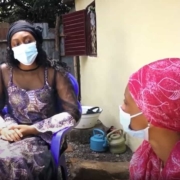
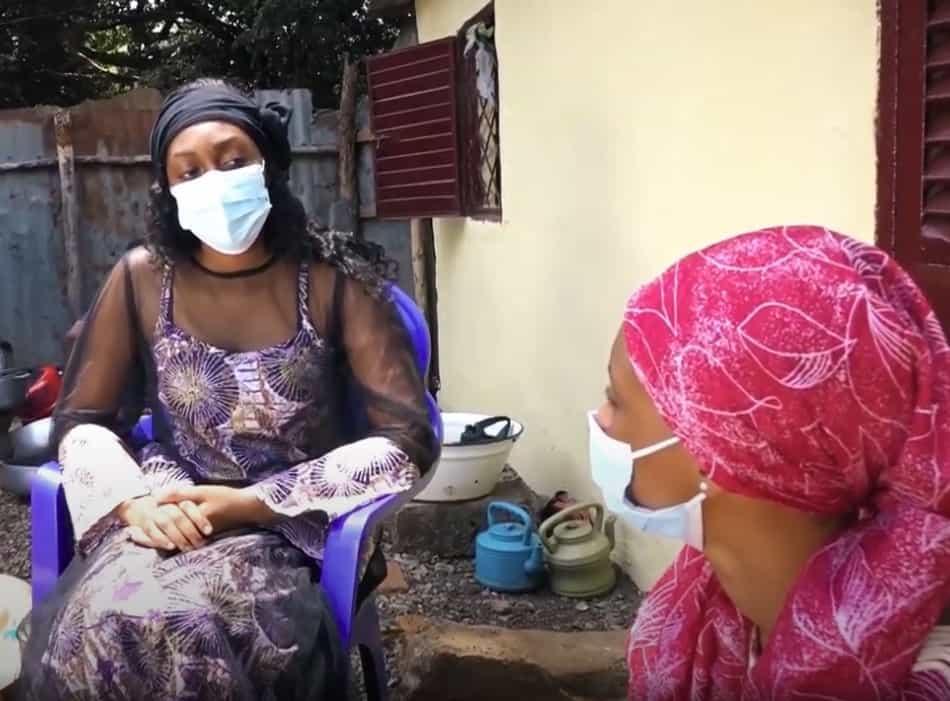 This video from Guinea discusses how families can protect themselves against EVD and prevent the spread of Ebola. The video is available in seven languages.
This video from Guinea discusses how families can protect themselves against EVD and prevent the spread of Ebola. The video is available in seven languages.
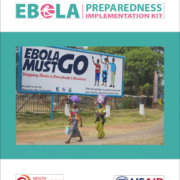

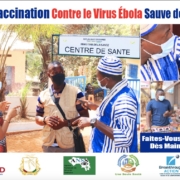
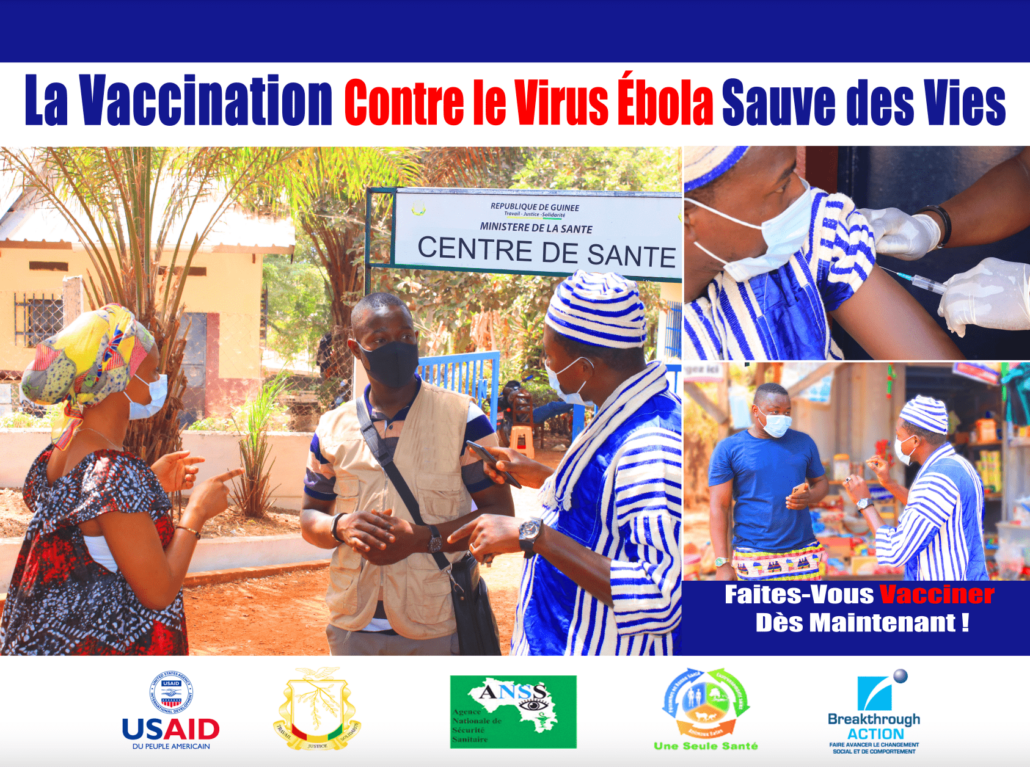 These visuals are used as billboards to encourage communities to get vaccinated, and are available in various sizes and formats.
These visuals are used as billboards to encourage communities to get vaccinated, and are available in various sizes and formats.
 These two radio spots target female and male heads of households in 9 languages, discussing how families can protect themselves against Ebola. French and English scripts are available.
These two radio spots target female and male heads of households in 9 languages, discussing how families can protect themselves against Ebola. French and English scripts are available.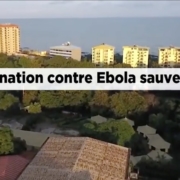
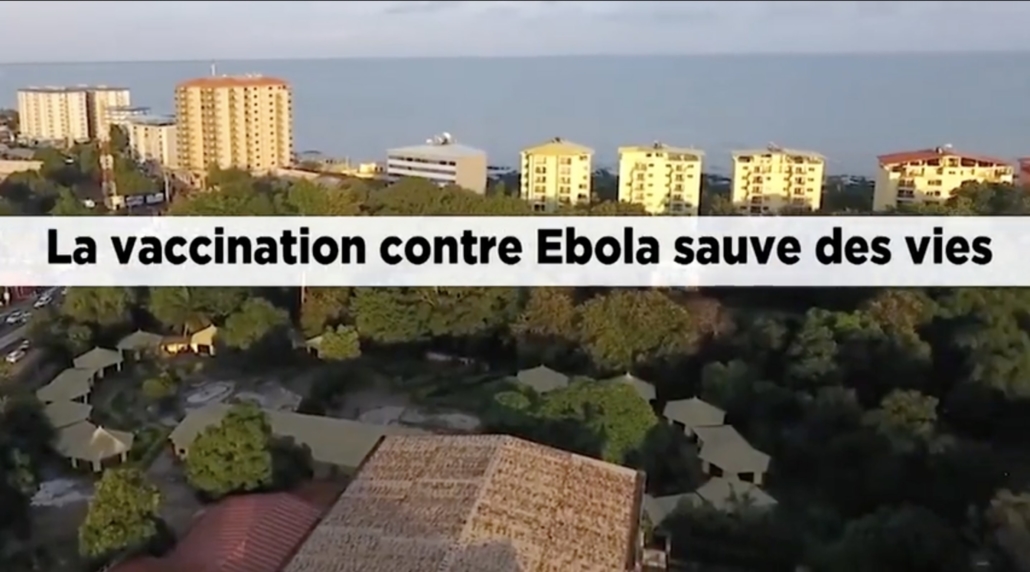 This video from Guinea discusses the importance of vaccination in the prevention of Ebola, produced in French and 5 local languages.
This video from Guinea discusses the importance of vaccination in the prevention of Ebola, produced in French and 5 local languages.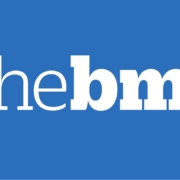
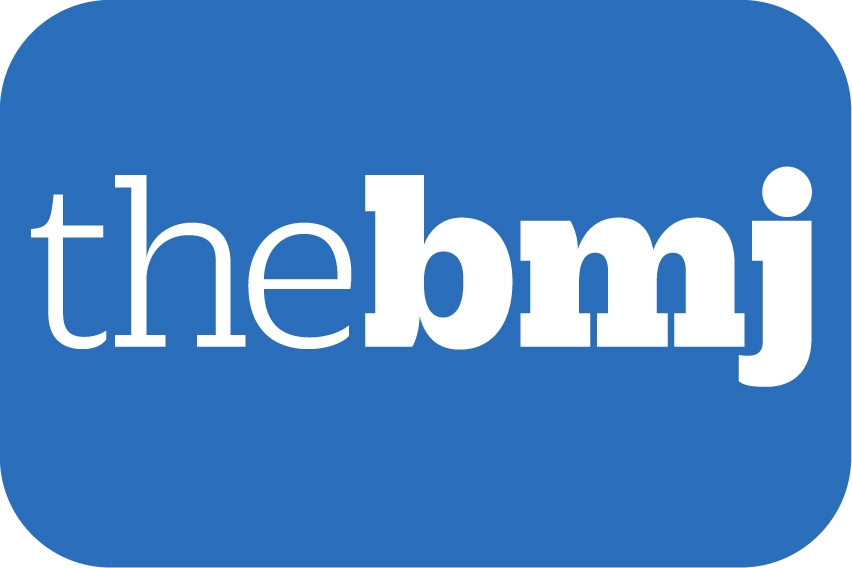 This journal article examines structured community engagement initiatives and real-time monitoring of community engagement activities during large-scale epidemics. Researches analysed the Community Led Ebola Action (CLEA) approach implemented through the Social Mobilization Action Consortium (SMAC) during the 2014–2016 Ebola epidemic in Sierra Leone, demonstrating how large-scale, coordinated community engagement interventions can be achieved and monitored in real-time during future Ebola epidemics and other similar epidemics.
This journal article examines structured community engagement initiatives and real-time monitoring of community engagement activities during large-scale epidemics. Researches analysed the Community Led Ebola Action (CLEA) approach implemented through the Social Mobilization Action Consortium (SMAC) during the 2014–2016 Ebola epidemic in Sierra Leone, demonstrating how large-scale, coordinated community engagement interventions can be achieved and monitored in real-time during future Ebola epidemics and other similar epidemics.